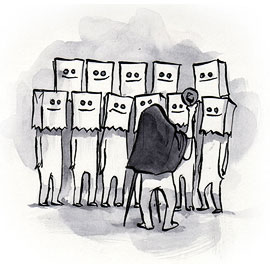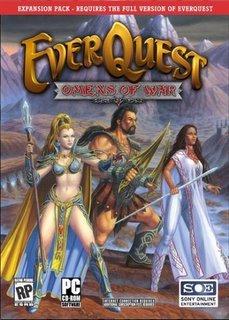Battling the Wierdo's

Upon flicking through some blogs today, I came across a blog that included a link to an article on anonymity in Virtual Communities. Specifically, the article discussed how Frienster was being slammed for banning user anonymity when viewing member profiles. The reason I thought it so interesting was that the decision was made in response to user requests - so that they could see who was checking up on their member profiles to see what they were doing.
I think it was a good move because it can eliminate stalking. As in, people can know if they are being stalked by someone they either do not like, or do not know. I would definitely feel a little uncomfortable if my journey log was being tracked by someone I didn't know!
So this has got me thinking about ethics in online communities. I see an ethics code as the "glue" in an online community, where behaviour is monitored to protect those members who want to do the right thing. Ethicomp is a good website that sets out a code of ethics for online communities. It is definitely a challenge for online community moderators to establish member's trust in the community. Members need to feel they are cooperating with a site that is truthful with the content that they write, and will take disciplinary action against those members who will try to ruin the experience for the rest of the group.
Additionally, dishonesty is a problem that is difficult to overcome. As Neil Rowe highlights in his article on Virtual Communities, members are never likely to know the true identity of who they communicate with. If they ever do find out - do you think they would return to that online community again?
Definitely not! Their reputation would be tarnished. And I think that is what Friendster is trying to battle by refusing to let anonymous people read member profiles. There are a lot of weird ... I mean ... different people out there who have access to the internet, and many people are going to need that security in the end.



